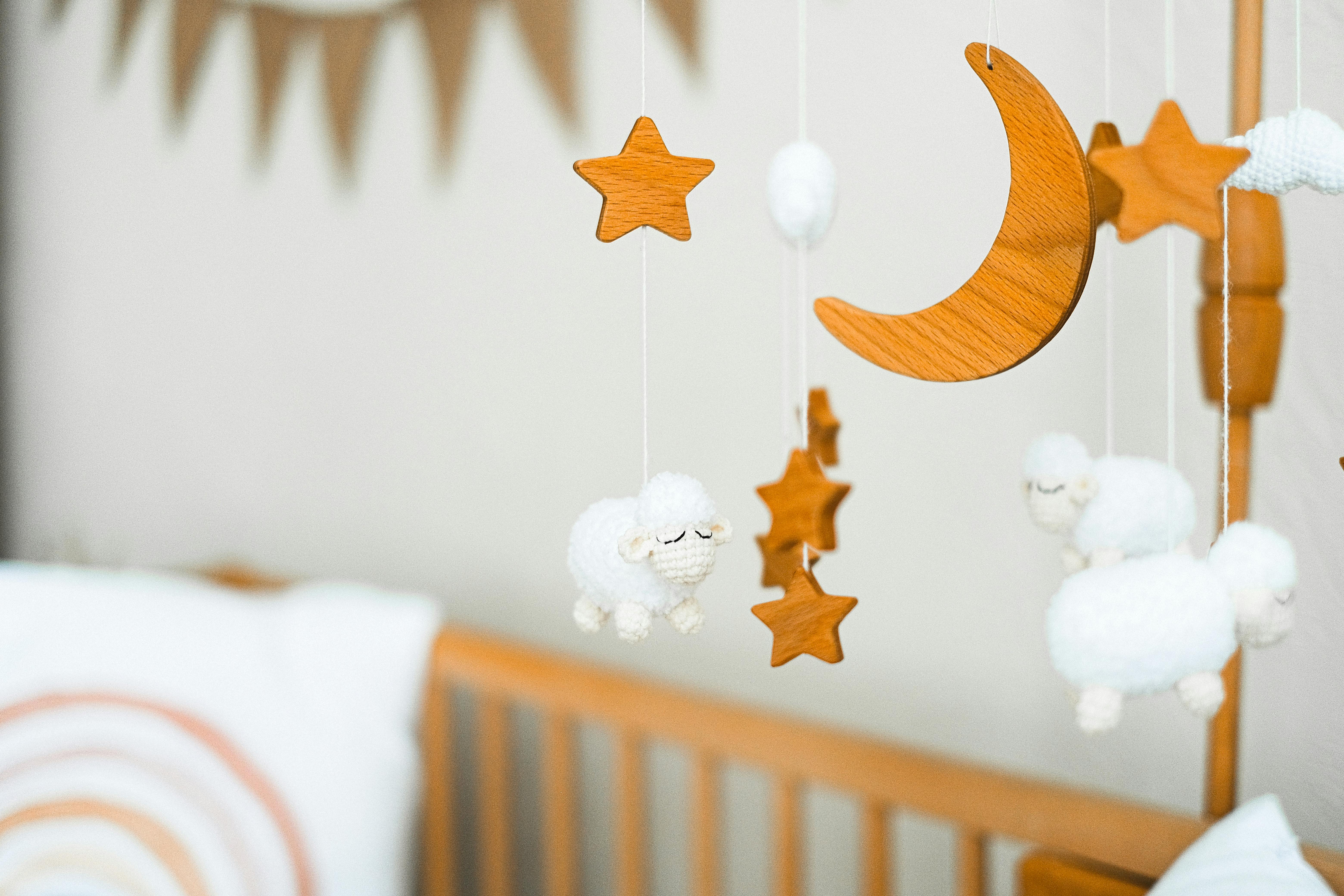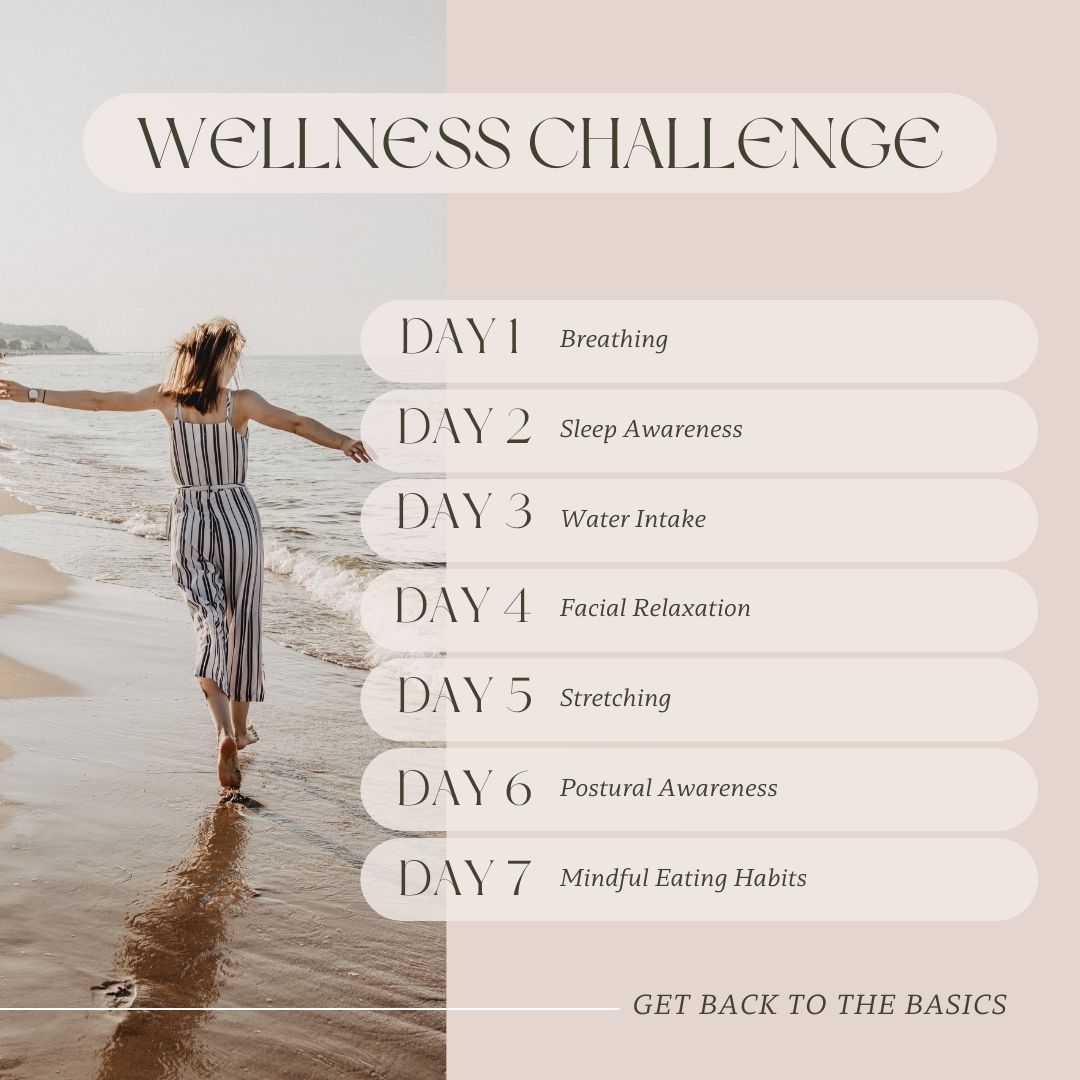Remember When Bedtime Was Sacred?
Oct 04, 2025
Tragic unraveling of one of the most magical rituals we ever knew
When you’re a kid, sleep is a ceremony.
There’s a rhythm to it.
A bath. A story. A goodnight kiss.
Your pajamas are soft, the sheets are cool, and maybe you’re tucked in with a lineup of stuffed animals standing guard through the night. The lights dim, and without realizing it, your nervous system settles like it knows — this is where safety lives.
You don’t need a sleep app.
Or a melatonin gummy.
You don’t even know what anxiety is yet.
Your body trusts the world enough to let go.
Then you hit your teenage years… and sleep becomes a battleground.
Curfews, late-night homework, phone calls under the covers, and the sudden biology experiment of staying up past midnight just because you can. And when your parents say, “Get some sleep!” you roll your eyes like it’s the dumbest idea in the world.
Now it’s cool to be tired.
Cool to stay up late.
Cool to say, “I’ll sleep in class.”
And so begins the great unraveling.
Then comes college.
If teenage sleep was messy, college sleep is a full-on hostage situation.
All-nighters for exams. 2AM burrito runs. Caffeine by the gallon. Some mornings you wake up on a couch that isn’t yours. Some nights you don’t sleep at all. But you’re young — you’ll bounce back.
Or so you think.
Eventually, adulthood arrives.
The “real world,” with its real jobs and real bills and real problems.
Now sleep isn’t just forgotten — it’s resented.
You get up early because the world demands it. You stay up late because it’s the only “you time” you have. Sleep gets pushed to the corner like an unpaid intern. You hear things like:
“Sleep is for the weak.”
“I’ll sleep when I’m dead.”
“You can sleep when you retire.”
And then one day...
you do retire.
And guess what?
You can’t sleep.
You finally have the time — the beautiful, uninterrupted, no-alarm-clock mornings — and your body no longer remembers how to rest. You’ve spent decades training it not to sleep. You’ve conditioned your nervous system to live in survival mode. And now that you’re free?
You’re a prisoner of your own cortisol.
From Ritual to Requirement: How We Drug Ourselves to Sleep (and Stay Awake)
Sleep, once a ritual, has become a negotiation. A reluctant compromise between our overstimulated brains and our exhausted bodies. As children, we were gently ushered into dreamland with bedtime stories, warm baths, and lullabies. Now, we white-knuckle our way into unconsciousness with melatonin, mouthguards, and magnesium cocktails—if we're lucky. If we're not, it's Ambien and wine. Or worse, doom-scrolling until our phone falls on our face and we finally pass out from sheer neurological fatigue.
We don’t go to bed anymore; we crash. And we wear that crash like a badge of honor. Productivity culture told us that sleep was for the weak, and we believed it. We traded our bedtime routines for espresso shots, our circadian rhythms for bottomless to-do lists, and our REM cycles for social media rabbit holes. We stopped honoring sleep as a vital biological function and started treating it like a stubborn toddler that refused to cooperate.
Then, one day, you wake up—not just literally, but existentially—and realize you’re living on borrowed energy. You're not tired because you’re lazy. You're tired because you’ve been running on adrenaline and stimulants for so long that you no longer remember what real rest feels like. You wake up tired. You go to bed wired. And everything in between is an exercise in chemical manipulation: caffeine to rev, wine to soften, pills to knock you out, and something synthetic to make sure you don’t snore your marriage into a separate-bedroom arrangement.
What we rarely stop to ask is, why can’t I fall asleep? Why do I wake up at 2 a.m. every night like clockwork? Why do I sleep 8 or even 10 hours and still feel like I was hit by a truck?
Instead, we strap on CPAP machines, track our sleep scores, and start comparing melatonin brands like it's a wine tasting. Western medicine calls it “sleep hygiene,” as if you’re dirtying up your sheets with bad habits. But they rarely have time to ask the deeper questions. Questions that get to the root cause of your insomnia instead of just masking it. Questions that consider whether your mind is overstimulated, your blood sugar crashing, your cortisol peaking, or your emotions keeping you in a hypervigilant loop of half-sleep and shallow breathing.
Sleep isn’t something you “hack.” It’s something you honor. And when you stop honoring it—when you medicate it into submission instead of re-learning how to create the conditions for it—your entire health foundation starts to erode.
It’s no wonder that when people finally retire, they find they have all the time in the world to rest... but they can’t. The habits are too ingrained. The nervous system is too fried. The damage has already been done. We trained ourselves to ignore the body’s signals for so long that when we finally do want to listen, the body doesn’t trust us anymore.
So the question is—how do you get that trust back?
Rebuilding Trust with Your Body
Getting that trust back isn’t about buying the right pillow or finally shelling out for blackout curtains. It starts with a shift in the relationship you have with your body—a relationship many people haven’t nurtured since they were children.
Think about it: you don’t just lose sleep. It’s taken from you, slowly, over time. Stolen by late-night studying in college, shift work, stress from parenting, scrolling past midnight, deadlines you agreed to because “you’re the responsible one,” or that early morning workout you promised yourself you’d do before work even though you fell asleep with your laptop still open. At first, it’s a trade. Later, it becomes your baseline. And eventually… it becomes who you think you are. “I’ve just never been a good sleeper.” “I only need five hours.” “I’ve always been a night owl.”
No, you’ve been betrayed by the culture of overexertion. And instead of fighting for your health back, you negotiated your worth in hours worked and things accomplished. Your body kept asking for rest, but you called it laziness. It asked for boundaries, but you called it weakness. And when it screamed—through tension, headaches, fatigue, forgetfulness, snapping at people you love—you numbed it with caffeine and said, “I’m just under a lot of stress right now.”
Trust doesn’t rebuild overnight. And that’s fitting, because good sleep doesn’t either. It’s not something you crash into at the end of a chaotic day. It’s something you walk toward with intention. You teach your body—again, and again—that the war is over. That it doesn’t need to stay hyper-alert. That it’s safe to let go. That you will not betray it tonight like you did last night.
You rebuild trust by creating a rhythm—not a rigid routine—but a rhythm your body can rely on. You decide that after dinner, there’s no more decision fatigue. You pour the tea. You put the phone away. You stop trying to squeeze in one more task, one more episode, one more scroll. You prepare for sleep the same way you prepare for anything sacred—with consistency, with calm, and with care.
And just like any relationship, the more you show up, the more trust you build. Slowly, your body starts to believe you again. You fall asleep faster. You stay asleep longer. You wake up with a little more clarity and a little less dread. And on the days when it still doesn’t work, you give yourself grace—because now, you’re actually in a relationship worth protecting.

So here we are.
Grown adults, once tucked in with stories and stuffed animals, now falling asleep face-down in emails, wine glass half-full on the nightstand, and a playlist of ambient whale noises trying to drown out the existential dread.
But this isn’t a scolding. It’s a call to curiosity.
Because sleep isn’t just downtime. It’s an agreement between your body and your life. It’s the first thing to go when you feel like you don’t have control. And ironically, it’s the very thing that helps you get it back.
Western medicine may hand you a prescription and tell you, “That’s just how your body is.” But in Chinese medicine, we ask why. Why does your mind race the moment your head hits the pillow? Why do you wake like clockwork at 2:00am, eyes wide open in the dark? Why do you feel exhausted in the morning despite a full eight hours?
Insomnia isn’t one flavor. It’s a buffet of imbalance. And each person’s sleeplessness tells a different story—of overstimulated livers, deficient blood, anxious hearts, unresolved grief, and digestion that never truly shuts off.
So if this blog felt like a mirror held up to your bedtime rebellion, stay tuned. Because in the next chapters, we’re unpacking your specific pattern. Not the generic “just sleep more” advice. Not the guilt trip. But an honest look at the energy systems behind your restless nights—and how to begin restoring the rhythm your body is begging for.
Let this be the first night of a new agreement: one where your body no longer has to fight you for rest, and your sleep becomes sacred again.
Keep moving, eat something green, and question anything that sounds like a quick fix.
Chow! Chow!
Jess


